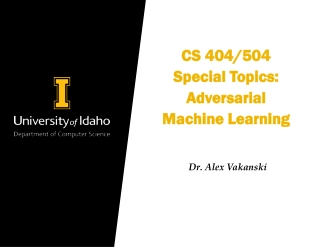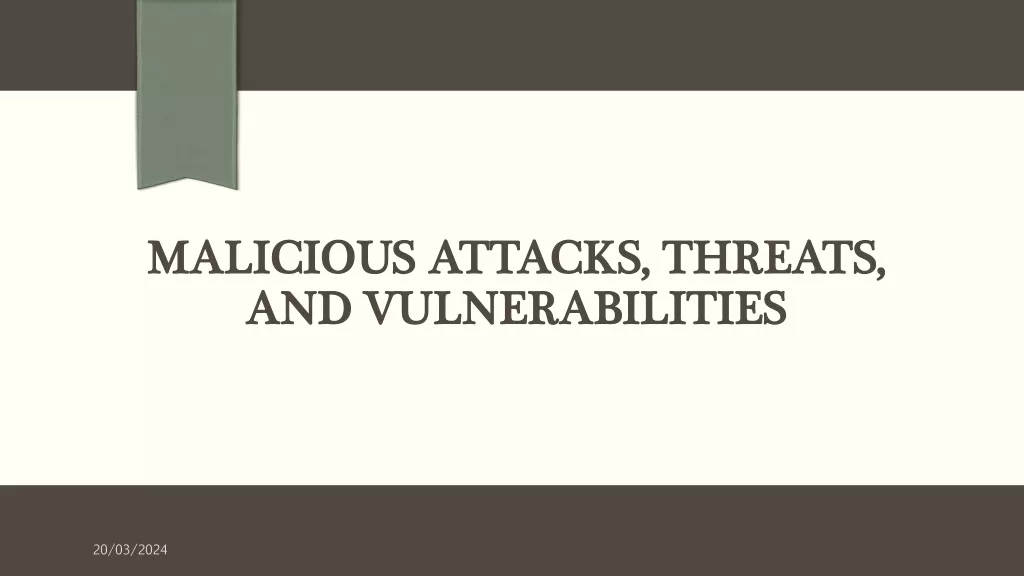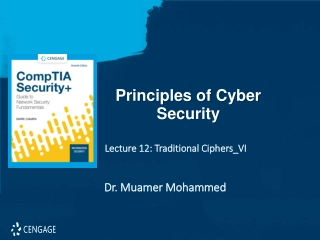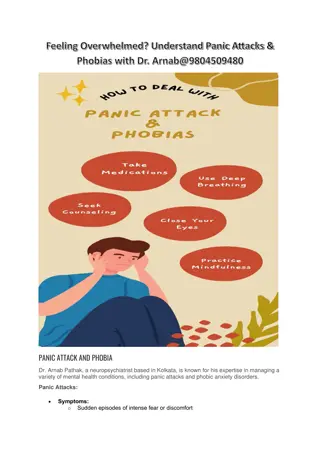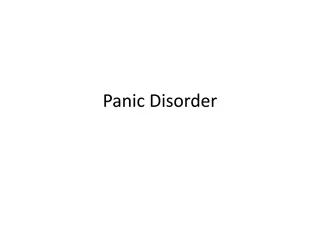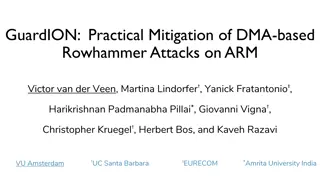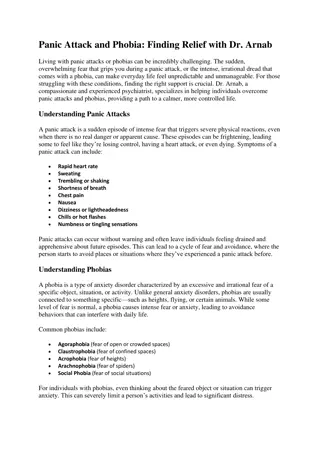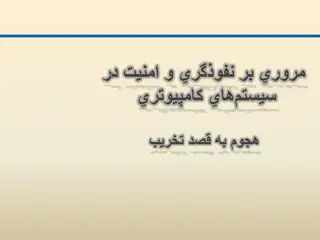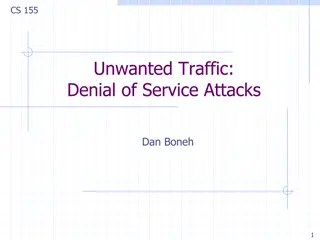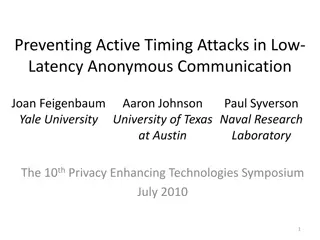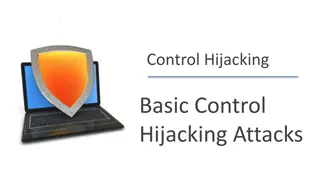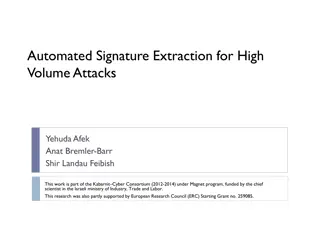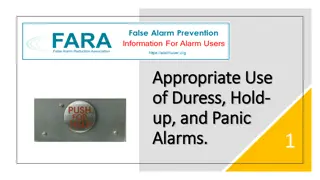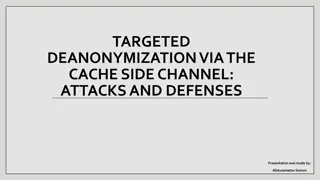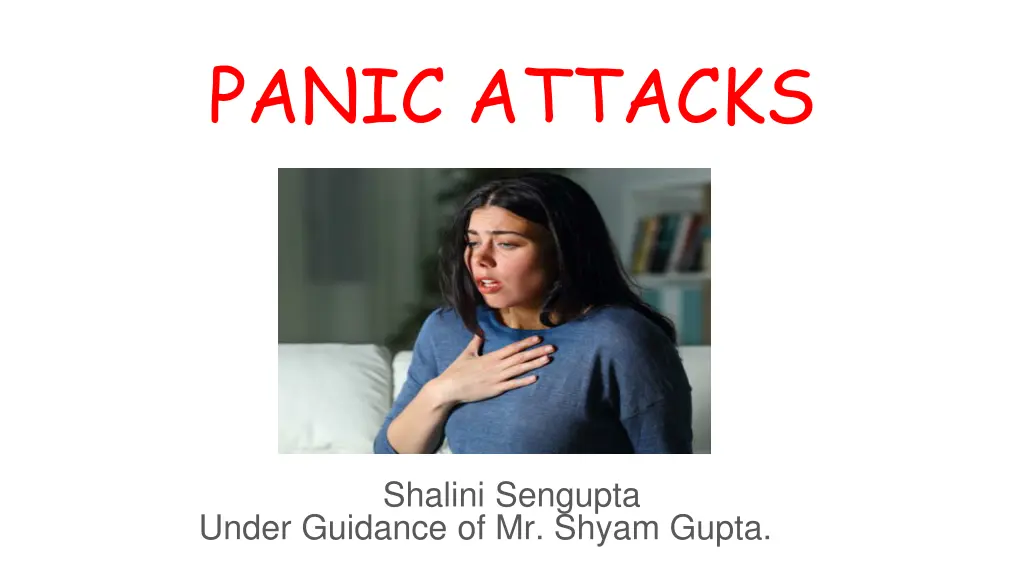
Understanding Panic Attacks: Causes, Symptoms, and Management
Learn about panic attacks, sudden episodes of amplified fear and distress triggering catastrophic thoughts accompanied by physiological reactions. Explore the causes, physiological and psychological changes, and effective management techniques to cope with panic attacks.
Download Presentation

Please find below an Image/Link to download the presentation.
The content on the website is provided AS IS for your information and personal use only. It may not be sold, licensed, or shared on other websites without obtaining consent from the author. If you encounter any issues during the download, it is possible that the publisher has removed the file from their server.
You are allowed to download the files provided on this website for personal or commercial use, subject to the condition that they are used lawfully. All files are the property of their respective owners.
The content on the website is provided AS IS for your information and personal use only. It may not be sold, licensed, or shared on other websites without obtaining consent from the author.
E N D
Presentation Transcript
PANIC ATTACKS Shalini Sengupta Under Guidance of Mr. Shyam Gupta.
What is a panic attack? A sudden episode of amplified fear, distress triggering a chain of catastrophic thoughts accompanied by variety of physiological reactions. Creates a feeling of real life-threatening danger with actually no real danger present. Accompanied by feelings of losing control, catastrophising the situation.
When does a panic attack happen? Persistent stresses, continued states of negative emotion and not enough healthy processing of it can lead to panic attacks. Intense phobia of somethings, like needles etc can also trigger panic attacks. Prolonged and unresolved problems which cause anxiety can ultimately culminate as panic attacks. Previous trauma occurrences which caused immense stress, if a person is exposed again to it or finds associations to it which trigger flashbacks, that may also lead to panic attacks. Some illnesses and accompanying medications.
Physiological Changes during Panic attacks Chest pains Racing hearts Feeling up of closing of chest and neck muscles Shallow breathing, longer ins and shorter outs Tingling sensations in arms, legs. Nausea Numbness Incessant crying.
Psychological Changes during a Panic attack Feeling of loss of control. Catastrophizing the situation - feeling like hope is lost, nothing will get better. Intense fear, terror, something bad or terrible is going to happen. Derealisation - feeling of detachment from reality. Depersonalisation - feeling of detachment from one s body. Feeling like you are going to die. Immense degree of restlessness.
Causes of Panic attacks - Biology at work Researchers think the amygdala, the fear and flight response centre of the brain is the regulatory centre for panic attacks. Chemical imbalances in neurotransmitters like gamma-aminobutyric acid (GABA), cortisoland serotonin may play a large role. From amygdala, the hormone adrenaline responsible for fight or flight situations in real life danger, is activated which bring about the observed physiological changes. Panic attacks happen when amygdala misjudges a danger to be much larger (like a threat to survival) than what it is and starts it s process of trying to protect.
How to manage Panic attacks? Focus on breathing - have much larger and slower exhales than inhales, preferably in a breathing bag to regulate body back from hyperventilation. Acknowledgement and education about the scenario. Accepting it is a temporary state of mind brings you to believe it is not going to last, leading to some calmness in the extreme distress. Focussing deeply into tensing and relaxing muscles progressively. Sometimes switching the place helps, move to a different location for sometime. Telling and talking it out through with a loved one. If possible some immediate cardio exercise.
Conclusion and Personal Recommendation As someone who has gone through phase of panic disorder with 4-5 attacks a day, the acknowledgement helps that it is temporary. It is an unfortunate way in which our primitive brain tries to protect us. The brain is ultimately a machine which is capable of making mistakes in judging a situation, so we shouldn t believe any random thought the brain and mind cooks up. Processing emotions, proper rest, rationalising rather than catastrophizing helps in overcoming the situation. Keep breathing slow. Most importantly, IT WILL PASS!


